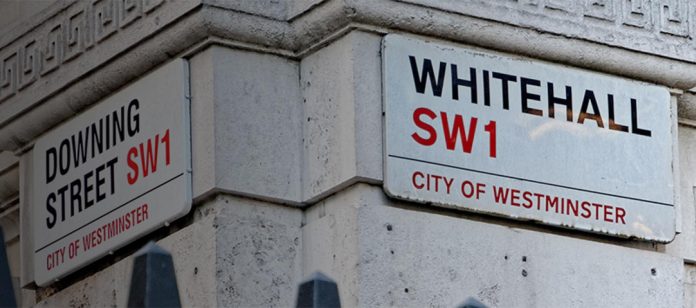- Political divisions over Brexit are creating a culture of secrecy in Whitehall.
This report argues that the greatest challenge in delivering Brexit now stems from the inability of a split Cabinet to make critical decisions. Political tensions are encouraging secrecy, where access to key documents is highly restricted. Important information is not being shared between departments, and those outside government with a legitimate reason to be kept informed, such as Parliament and business, are being kept in the dark.
This secrecy makes effective co-ordination across departments, devolved administrations and public bodies difficult. Preparations are being hindered by competing ministerial preferences, lack of information and the deferral of critical decisions on the UK’s preferred future relationship.
The report also identifies three other challenges, including struggling to get (and keep) the right civil servants in place, inconsistent planning assumptions and ineffective consultation with business. The paper makes five recommendations to help get Whitehall back on the road to delivering Brexit:
- The Department for Exiting the EU (DExEU) and the Cabinet Office should set out how they plan to run formal negotiations with the EU after March 2019, and how the rest of Whitehall will be involved.
- DExEU and the Cabinet Office should work with the Department for International Trade to set out how the Government plans to consult businesses and other affected groups during Brexit negotiations.
- The Prime Minister should put a minister (David Lidington) and official (John Manzoni) in charge of Brexit readiness.
- Departments should cut back on their existing priorities, supported by their non-executive directors.
- DExEU must give its staff as much certainty as possible on the future of the department, in order to reduce the level of staff turnover at such a critical time.
https://www.instituteforgovernment.org.uk





